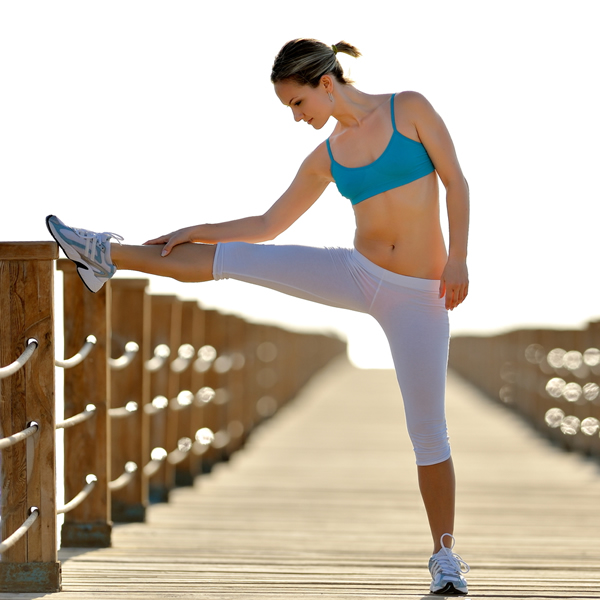Alimentazione per atleti

Per ottenere il massimo dal nostro corpo durante gli sforzi fisici è necessario fornire il gusto apporto energetico per i nostri muscoli.
Il modo più semplice è fare una sana ed equilibrata colazione e continuare con la giusta varietà di cibi per tuta la giornata.
Qualche consiglio:
1) Mangiare una varietà di alimenti al fine di ottenere tutte le sostanze nutritive diverse di cui avete bisogno
2) Mangiare con pasti regolari e spuntini. Tagliare calorie ti impedisce di rendere al meglio. Esercizio e preparazione atletica richiedono energia extra, che sono essenziali per il fabbisogno energetico del nostro corpo, specialmente se vogliamo competere a pieno regime.
3)Bere molti liquidi e non aspettare la sensazione di sete per integrare nuovamente liquidi. Quando arriva la sensazione di sete vuol dire che il nostro corpo è già disidratato. Ricordarsi di bere ancora di più quando fa caldo e umido.
Dopo l’allenamento:
Il tuo pasto, dopo l’esercizio fisico, dovrà essere consumato entro due ore per ricostituire le riserve di glicogeno. Le ricerche dimostrano che la quantità giusta di carboidrati da integrare, dopo l’allenamento, è pari a 100/200 grammi in modo da ricostituire la giusta quantità di glicogeno.
Se poi aggiungiamo anche delle proteine ancora meglio!
Ricordati, anche se non hai fame, cerca di fare almeno uno spuntino entro 30 minuti dalla fine degli allenamenti (ad esempio uno yogurt o un mezzo panino). Questo ti aiuterà a recuperare rapidamente.
ENGLISH VERSION:
Sports and nutrition from simple training till the performance.
To exercise consistently, you need to provide a good supply of high-quality energy to your working muscles. The easiest way to to this is to eat a balanced breakfast and continue eating a variety of high-quality foods throughout the day.
Healthy eating tips for athlets:
1) Eat a variety of foods in order to get all of the different nutrients that you need
2) Eat regular meals and snacks. Cutting calories keeps you from performing your best. Exercise and athletic training demands extra energy, and it is essential to meet your body’s energy needs if you want to compete at full strength.
3) Drink lots of fluids and do not wait until you fell thirsty to start drinking water, because thirst means that you are already dehydrated. Remember to drink even more in hot and humid weather.
Eating after your workout:
Your post-exercise meal needs to be consumed within two hours after a long or intense workout in order to replenish glycogen stores. Research shows that getting 100-200 grams of carbohydrate within two hours of endurance exercise helps you replenish adequate glycogen stores, but adding a combination of carbohydrate and protein seems to be an even better option.
Follow these tips when planning your post-exercise meal.
1) Even if you aren’t hungry, you should eat a snack that contains carbohydrates within 30 minutes after your workout (such as a yogurt or half a sandwich). This will help your body recover quickly.
2)You should eat a larger meal that is high in carbohydrates and has some protein within the next 2 hours to replace your muscle glycogen stores that were used up during exercise.

Comments are closed.